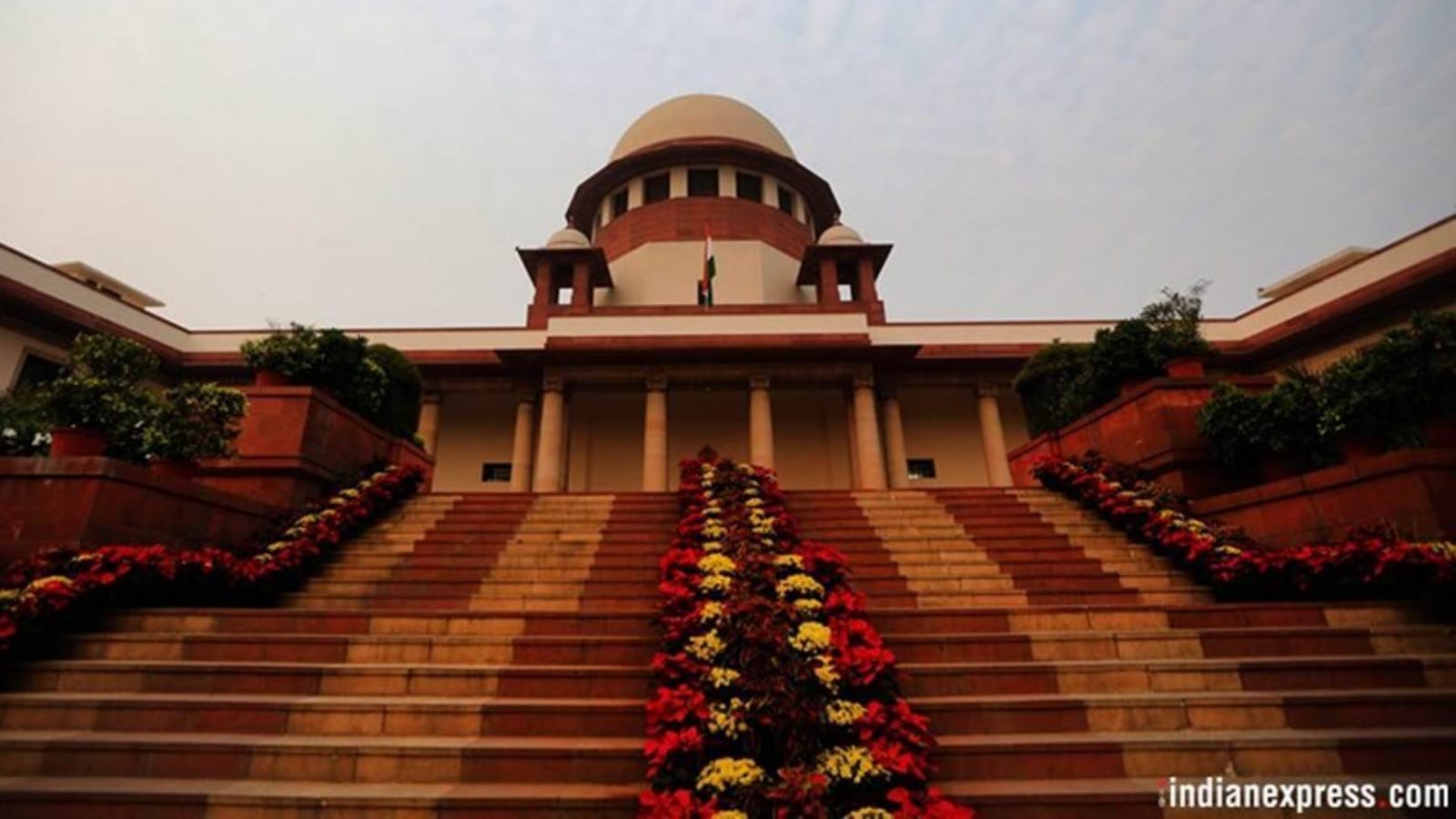 |
|
The Supreme Court of India intervened in a significant land dispute involving the construction of housing units under the Pradhan Mantri Awas Yojana (PMAY) in Lucknow, Uttar Pradesh. The case centers around a plot of land claimed by the sons of the late gangster-turned-politician, Mukhtar Ansari. The court's decision to maintain the status quo, halting further construction, highlights the complex legal battles surrounding land ownership and development projects in India. The immediate impact is a temporary freeze on the PMAY project on this particular plot, pending a final resolution from the Allahabad High Court.
The dispute's origins trace back to 2020 when the Lucknow Development Authority demolished a bungalow belonging to Mukhtar Ansari and his sons, including Abbas Ansari, the petitioner in this Supreme Court case. The government's subsequent plan to utilize the land for the construction of PMAY housing units triggered the legal challenge. Abbas Ansari claims ownership of the land, citing a registered deed dating back to 2004 and a subsequent will. This claim directly contradicts the government's assertion of ownership, highlighting a significant discrepancy at the heart of the dispute. The timeline of events reveals a protracted legal process, moving from the initial demolition to the current Supreme Court intervention.
The Supreme Court's intervention underscores the judiciary's role in resolving disputes involving government initiatives and private land claims. The court's concern over the potential creation of third-party rights, which could lead to irreversible losses for the petitioners, reflects a cautious approach aimed at ensuring fair legal proceedings. The directive to the Allahabad High Court to expedite the hearing process underlines the need for timely resolution of the matter. The perceived delays in the High Court, as noted by the Supreme Court, raise questions about the efficiency of the judicial system in handling such cases and potentially highlight systemic inefficiencies within the Allahabad High Court's processes. The Supreme Court's observation regarding the Allahabad High Court's performance underscores a broader concern about judicial delays and their impact on legal proceedings.
The case highlights the challenges associated with land acquisition and development projects in India. It underscores the complexities of navigating legal processes, particularly in situations involving claims of inheritance, past transactions, and conflicting interpretations of land ownership. The case also raises questions regarding the due process followed in the initial demolition of the property and the subsequent government decision to build on the contested land. The ex-parte order by the Sub-Divisional Magistrate further complicates the situation, raising concerns about the fairness and transparency of the administrative processes involved. The discrepancy in how the High Court has handled similar cases, with some receiving interim stays while others do not, further highlights the need for consistent and equitable application of the law.
The Supreme Court's decision, while temporarily halting the PMAY construction, does not resolve the underlying land ownership dispute. The final determination of ownership will rest with the Allahabad High Court, which now faces the pressure of delivering a swift and just verdict. The outcome of this case will have implications beyond the immediate parties involved, setting a precedent for future disputes involving land acquisition, government development projects, and the rights of private citizens. The case also brings to light the potential for conflicts between government initiatives aimed at social welfare, such as affordable housing projects, and the protection of private property rights. The balancing of these competing interests requires careful consideration and effective legal frameworks.
Source: SC orders status quo on construction under PM Awas Yojana on Abbas Ansari’s land in Lucknow
